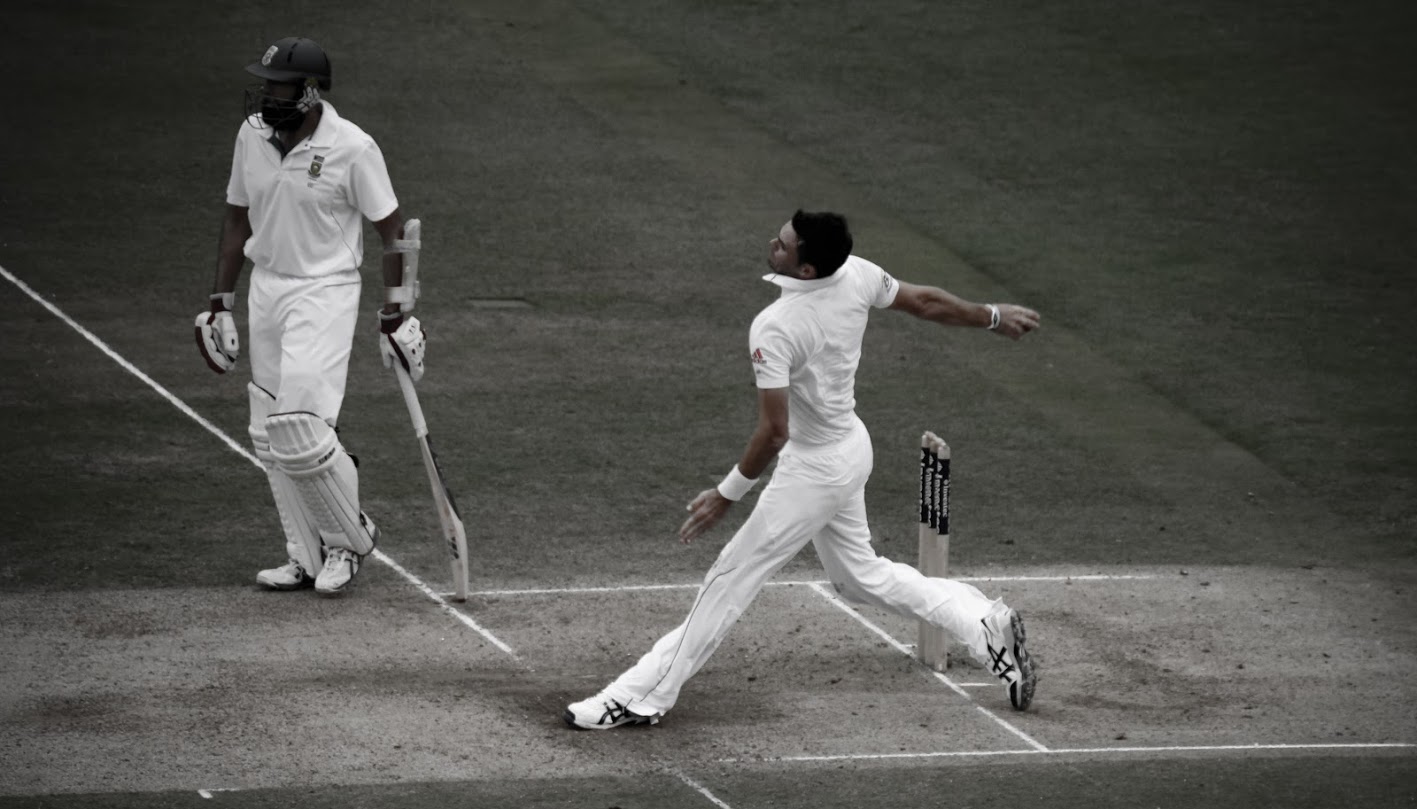
That unmistakeably rich baritone voice, like listening to a glass of mulled wine. Neither quite South African, nor Australian, nor English, but a blend of the three. Those trenchant, often ridiculous catchphrases, delivered with his unique combination of gravitas and hysteria.
These are just a few of the things we’ll miss about the late, great Tony Greig.
It was dreadfully sad to read of Greiggy’s very untimely passing, which came as he’d barely begun his battle against lung cancer. As I’d have suspected, and judging by reaction on Facebook and Twitter, his demise has really struck a chord with English cricket fans – and a surprisingly deep one, given that Greig rarely commentated in this country, and in some respects had only a passing connection with this country.
In his newspaper obituaries, much of the focus has been on Greig’s involvement with Kerry Packer, as well as the infamous ‘grovel’ incident. But armchair punters like us will remember him best, and very fondly, for his commentary career.
Greiggy was a brilliant commentator, but mainly for the wrong reasons. He got things wrong, he became far too excited, and much of what he said was plain daft. But Greig was charismatic, hugely infectious, very funny even if unwittingly so, and never, ever dull. He always made cricket sound fun.
He had a lovely line in catchphrases which didn’t quite make sense, always executed with uproarious excitement. “Goodnight Vienna!”, was how he often reacted to the fall of a wicket, which – if a catch – would be accompanied by “that’s in the sweet spot…it’s in the mitts’”
In the process his voice rose up several octaves of pitch and intensity; in the Channel Nine box it often sounded as if he and Bill Lawry had entered into a high stakes trouser-wetting contest.
Another endearing Greiggy trademark was to commit himself far too early in judging the outcome of a delivery. “That’s a fantastic shot, that’s going all the way for six”, he would joyously warble, as the ball sailed off the bat…until he realised where it was heading. “And that’s going to be caught. Yes, straight down long orrf’s throat”.
With Greiggy’s passing, never again will the phrases “telecast” and “crash helmet” adorn a cricket commentary. He tended to stumble as if by accident on to peculiar but lyrical word-forms. One of my personal favourites came during the 2005 Ashes, when watching replays to determine at which point, as the ball brushed past the batsman, there had been a noise. “Hmm”, Greig intoned. “That was round about the jersey time”.
Greig himself would probably prefer us to remember him for his playing career. I’m too young to have seen him in action, but it strikes me that we’ve unfairly allowed the Packer controversy to overshadow his fine test record with both bat and ball. With a batting average of 40 (achieved amid the 1970s climate of fast-bowling excellence), and a bowling average of 32, Greig is perhaps one of our most under-rated all-rounders.
But serious cricket historians will always define his career in terms of Packer. My view, as a punter is that Greig deserved a knighthood for so brazenly challenging the English cricket authorities.
Whether or not you liked the idea of Packer’s World Series, all he and Greig aimed to do was stage cricket matches and invite high-profile players to take part. No one was forced to either play or watch.
At the heart of the controversy was the issue of who owned cricket. Here in England the self-appointed TCCB saw things very clearly: the game belonged to them, as a personal fiefdom, and no one could be allowed to organise or play cricket outside their auspices.
They even went to court to prevent English players (who were not under central contracts) from competing in the World Series – legal action to stop cricketers playing cricket. But Greig and Packer refused to be cowed by the autocratic arrogance of the Lord’s grandees, and won the day.
In a way, Greig was a spiritual ancestor of Kevin Pietersen. Both South Africans who came here to forge a career, both with a propensity for putting noses out of joint and saying the wrong thing at the wrong time. Greiggy and KP will always be regarded as outsiders, and with both suspicion and ingratitude, despite their on-field professionalism and valuable contributions to English cricket.
But for now, we’ll be more conscious of that empty chair in the Channel Nine commentary box, of the catchphrases we’ll never again hear, that sense of near-orgasmic excitement we’ll no longer share. The cricket world has suddenly become a rather duller place. As the great man himself might have put it – Goodnight Charlie.
Maxie Allen








